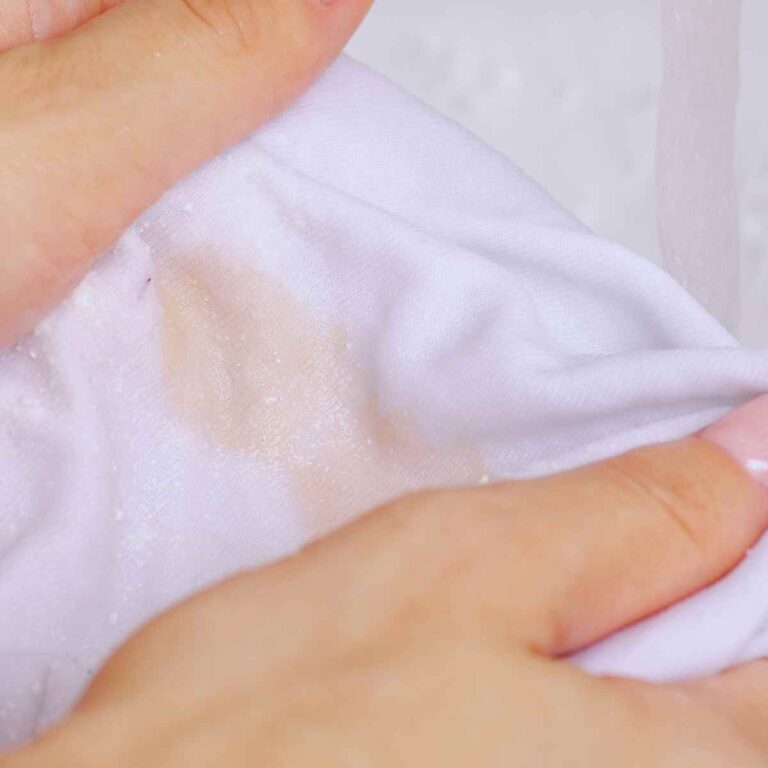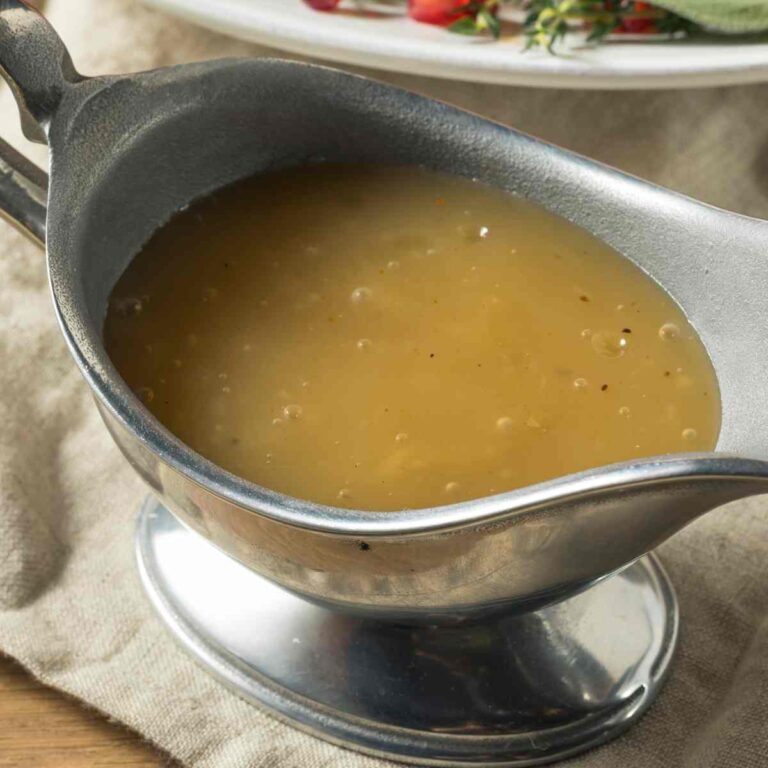HOW MUCH KOMBUCHA TEA SHOULD YOU DRINK DAILY?
I’ve been a fan of kombucha since before it became a health store staple. This fizzy fermented tea, is loved for its potential health perks, from helping with digestion to supporting the immune system. But how much kombucha tea should we drink?

As an Amazon Associate I earn from qualifying purchases. This post contains affiliate links which means I make a small commission at no extra cost to you. See my full disclosure and privacy policy.
Kombucha happens through fermentation, where bacteria and yeast work together on tea and sugar. As it ferments, the drink becomes packed with organic acids, and good bacteria. People rave about its unique tangy taste and the possible positive effects on gut health. Kombucha drinkers often share stories of feeling better thanks to this bubbly probiotic tea.
Kombucha is not just about being healthy; it shows that more people are interested in eating foods that make them feel better.. Many of us are looking for natural ways to boost well-being, and sipping kombucha fits right in. This beverage has found its way into our lives, promising a bit more balance in our gut microbiome.
KEY TAKEAWAYS:
- Wellness Brew: Kombucha, known as a probiotic tea, is said to bring benefits for digestion and immunity.
- Fermentation process: Made by blending tea, sugar, and a mix of beneficial bacteria and yeast, kombucha is believed to offer a lot of health benefits.
- Health claims: The rising love for kombucha shows a growing interest with health-focused diets rich in probiotics.
WHAT IS TRADITIONAL KOMBUCHA TEA MADE OF?

Kombucha is a blend of ingredients working together to create a drink full of potential benefits. Bacteria and yeast, also known as SCOBY (symbiotic culture of bacteria); is the powerhouse behind the fermentation process.
Packed within each glass of kombucha are organic acids, like acetic acid, which are products of the SCOBY’s fermentation process. These acids are thought to be the ones giving kombucha its gut healthboosts by keeping harmful bacteria at bay while encouraging the growth of good bacteria. But that’s not all; these acids may also play a role in supporting the immune system and improving digestive issues.
Besides the good bacteria and natural acids, kombucha has B vitamins and amino acids, all thanks to the tea leaves it’s made from. These nutrients play a role in keeping our energy up and looking after our overall health. Plus, there’s a hint of caffeine and a touch of alcohol in there, occurring naturally as part of the fermentation process.
These kombucha elements work well together. The good bacteria and acids help keep our digestion healthy and might protect against harmful bacteria. The B vitamins and nutrients support our overall vitality. That’s why, to me, kombucha is not just a fizzy drink but a wellness must!
RELATED: KOMBUCHA MAYONNAISE RECIPE
HOW MUCH KOMBUCHA TEA IS TOO MUCH?
I’ve been drinking kombucha for a while now, and if there’s one thing I’ve learned, it’s that balance is key. You might wonder just how much of this fermented tea is the right amount. I looked into what health professionals recommend and found out some interesting details.

The CDC recomends four ounces of kombucha a day can be plenty. After drinking this amount, you still get that probiotic punch without going overboard. They go on to say four ounces of kombucha “may not cause adverse effects in healthy persons.”
Now, why not just chug a whole bottle? Well, despite those tasty bubbles, too much of a good thing can lead to some not-so-great side effects. Things like bloating, digestive discomfort, and even an upset stomach can result from overdoing it. Kombucha gets its kick from a small amount of alcohol produced during fermentation. Kombucha usually has a bit of alcohol (less than 0.5%). But drinking too much could make the alcohol levels higher, and that might not be good for you, especially if you’re sensitive to alcohol or taking certain medications.
There’s also sugar to consider. Sure, most of the sugar is eaten away by those beneficial bacteria during the brewing process, but some remains. Drinking too much kombucha could mean you’re downing more sugar than you want. For me, I try my best to listen to my body. Some days, a few sips feel just right, while other times, I might have a tad more. Remember, moderation is your friend when enjoying this bubbly fermented drink.
MAKING HOMEMADE KOMBUCHA TEA
I’ve been making my own kombucha for years. There’s something special about enjoying your own bubbly creation. Let me share the basics of how you can start your home brewing adventure:

First up, gather your supplies. You need a clean glass jar, a wooden spoon, a piece of cloth for covering, and a rubber band or string to secure the cloth. Sanitize everything; bad bacteria are not invited to this party.
Next, it’s time for the tea. Boil water, steep your tea leaves – black tea or green tea, – and stir in the sugar while it’s hot. The sugar isn’t for you; it’s food for your kombucha’s star: the SCOBY. That’s the symbiotic culture of bacteria and yeast, the heart of your kombucha fermentation.
Cool the sweet tea to room temperature. Too hot, and you could harm your SCOBY. Gently place the SCOBY in the jar with some starter tea from a previous batch or store-bought kombucha with live cultures. Cover with your cloth, secure it, and find a spot away from direct sunlight for your brew to ferment. Patience is key here; fermentation takes about 7 to 14 days depending on the temperature and your taste preferences.
When your kombucha’s got that tangy zest and slight sweetness balance just right, it’s flavor time. Bottle it with a splash of fruit juice or herbs and seal it up for a secondary fermentation. This is where the fizz builds.
After a few more days, you can open a bottle of home-brewed kombucha, bursting with flavors that you crafted. Maybe a tangy cucumber mint or a bold ginger lemon, or even a yummy watermelon fermented beverage! – the combinations are endless, just like the joy of crafting your own kombucha.
RELATED: HOW TO STORE KOMBUCHA SCOBY TO USE LATER
SPECIAL CONSIDERATIONS FOR CERTAIN GROUPS
For those of you who are pregnant, have kidney disease, or live with heart conditions, sipping kombucha calls for extra caution. Specifically, pregnant women should speak with their health care provider before adding kombucha into their routine. This probiotic tea, although full of potential perks for gut health, also brings a small amount of alcohol and caffeine — not ideal during pregnancy.
For folks dealing with kidney disease, it’s crucial to think about higher levels of specific organic acids in kombucha. These acids can make existing conditions worse, especially if your kidneys are already having a tough time filtering them out efficiently. It’s like finding the right balance: appreciating the drink’s perks without overwhelming your system.
If you have heart disease, it’s important to be mindful of what’s in kombucha. Kombucha has natural sugars that can change your blood sugar and a bit of alcohol that might not mix well with some medicines. So, be careful. See how your body feels after drinking it, and talk to your doctor before making it a regular thing.
Last but not least, if you’re new to kombucha or have a sensitive digestive system, start small. While the adding of good bacteria can be a wonderful for many, it might cause GI distress, upset stomach, or an unwelcome case of the jitters due to caffeine content for others. For a happy gut and peace of mind, begin with a few ounces and see how you feel the next day before increasing the amount you drink.
HOW MUCH KOMBUCHA TEA SHOULD I DRINK?


CLOSING THOUGHTS ON HOW MUCH KOMBUCHA TEA SHOULD I DRINK
Finding the perfect balance in enjoying kombucha can create a happy gut, which, to me, is so important in our overall wellbeing. This bubbly probiotic tea brings good bacteria to the digestive system, helping with nutrient absorption and boosting the immune system. I’ve discovered that adding kombucha to my diet is a great way to support gut health, creating a defense against bad bacteria. Yet, I’ve also learned that keeping it in moderation is important. Too much kombucha might cause digestive problems like bloating or GI distress.
When I first tried kombucha, my body took some time to get used to the live probiotics. I watched how my digestive system reacted. If you’re new to kombucha, it’s wise to begin with small amounts and see how your body responds the next day. As time went on, I slowly increased how much I drank, making sure it fit well with my healthy diet instead of becoming the main focus.
In the end, I think tuning in to your body’s signals is the smartest way to dealing with fermented drinks. Even though kombucha is a good thing for a happy gut, it’s importqnt to understand that everyone’s tolerance and requirements can be different.
RELATED: YOUR MOST ASKED KOMBUCHA QUESTIONS ANSWERED






